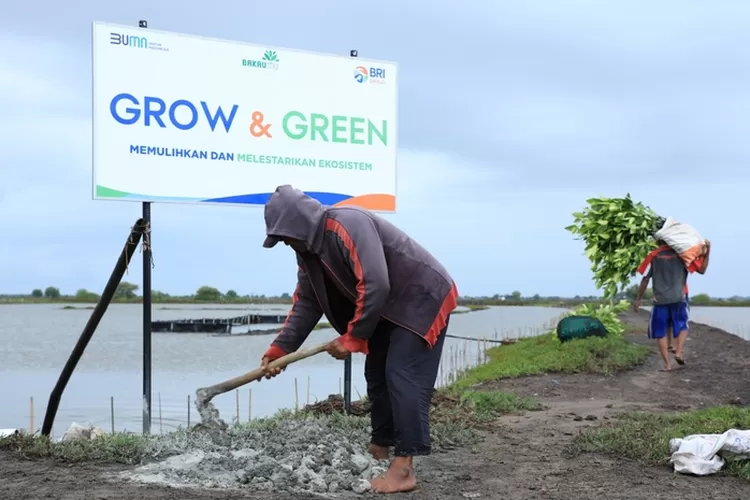Indonesia has made waves with its ambitious climate agenda, particularly with President Prabowo Subianto's recent pledge to phase out fossil fuel plants within 15 years and move toward a green energy future. While these promises have captured the global spotlight, experts caution that the road ahead is fraught with challenges that could hinder the country's ability to meet its ambitious climate goals.
Prabowo, who officially became Indonesia’s eighth president in late October, has spoken boldly at international forums, including the G20 and APEC summits. He stated that Indonesia plans to retire coal-fired and other fossil-fueled power plants by 2039. The vision includes ramping up renewable energy capacity to 75 gigawatts, tapping into Indonesia's rich geothermal resources, and even considering nuclear energy as part of the energy mix.
Despite these ambitious commitments, experts like Leonard Simanjuntak, country director of Greenpeace Indonesia, have raised concerns about the practicality of such rapid transitions. The reliance on fossil fuels for energy—coal and natural gas alone make up nearly 80% of the nation's power supply—means that a significant overhaul of Indonesia's energy infrastructure will be required. According to Simanjuntak, while the goals are commendable, they appear "too far from reality," given the current political and economic landscape.
The Indonesian government's energy transition is further complicated by existing policies that seem to be moving in the opposite direction. Critics point out that Indonesia's energy policy continues to favor fossil fuels, which undermines efforts to reduce carbon emissions. This contradictory approach raises doubts about the nation's commitment to a swift energy transformation.
Further complicating matters is the fact that Indonesia's power grid is heavily dependent on coal, with limited renewable energy sources integrated into the grid. Although Indonesia has made strides in renewable energy projects—such as increasing its wind and solar power capacities—the pace of development is slow, and funding for major projects remains a barrier. Experts argue that Indonesia will need strong international partnerships and substantial financial investments, potentially including the $20 billion from the Just Energy Transition Partnership (JETP), to accelerate its shift to clean energy.
Moreover, despite the ambitious pledges at international climate summits, the government faces a significant challenge in securing the political will and financial backing required to meet these goals. Issues such as the premature decommissioning of coal plants and the associated financial and social costs have been highlighted by think tanks like the Institute for Essential Services Reform (IESR). These challenges underscore the difficulties in balancing economic growth with environmental sustainability in a developing nation like Indonesia.
As Indonesia positions itself to become a leader in the global green energy transition, the commitment to achieving net-zero emissions by 2050, though laudable, will require overcoming complex economic, technical, and policy challenges. Whether the current government can realize these ambitious promises remains to be seen.
Read More






 Wednesday, 25-02-26
Wednesday, 25-02-26







